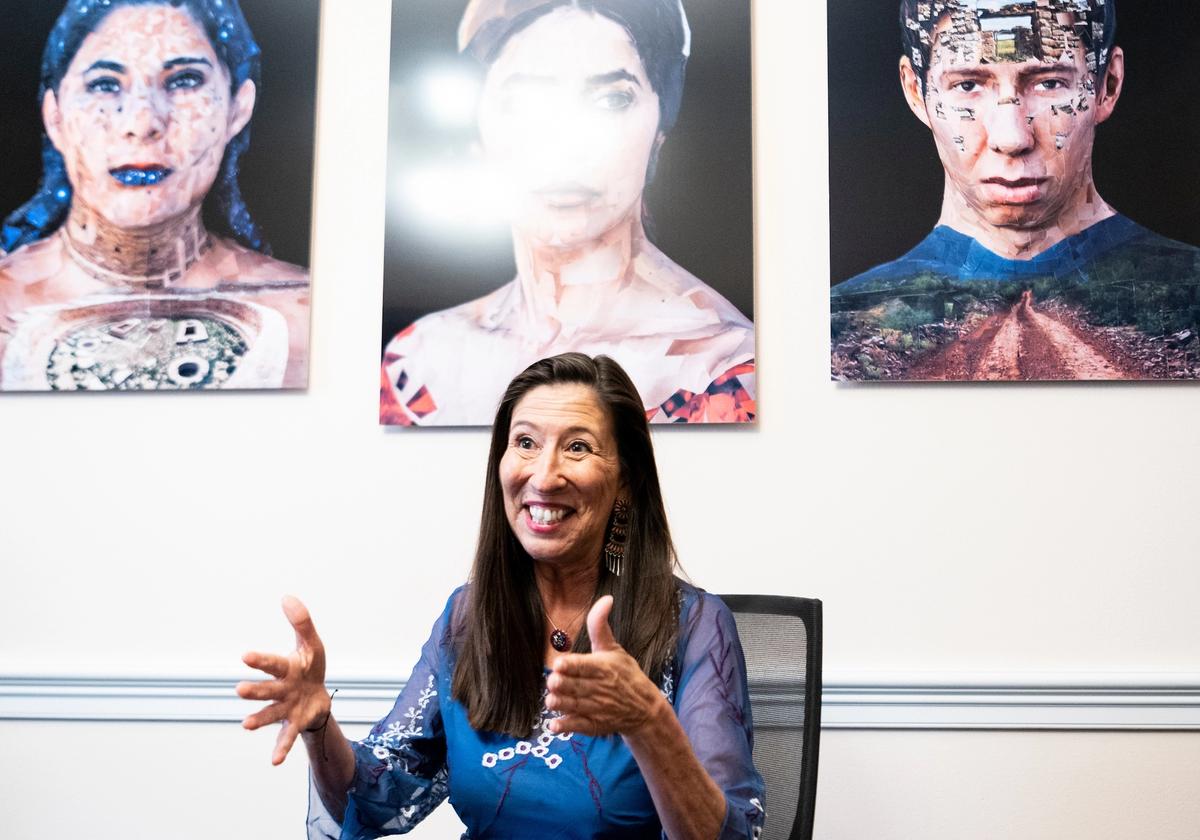A new bipartisan bill in Congress, known as the Creative Economy Revitalization Act (CERA), is proposing a $300m federal grants and commissions programme for art workers. CERA, which was first introduced in August, is inspired by the New Deal-era Works Progress Association as well as the Comprehensive Employment and Training Act (CETA) of the 1970s.
The pandemic has decimated the arts community—which typically contributes nearly $1 trillion to the United States economy—as cities like New York saw nearly two-thirds of the creative sector without work as a result of COVID. Under CERA, the Department of Labor, in consultation with the National Endowment for the Arts, would award individuals and organisations payments based on the labour required for an arts project, with a 5% cap on administrative costs.
Democratic representative Teresa Leger Fernánde from New Mexico brought the bill to the House floor, and it is backed by fellow representatives Jay Obernolte, a Republican from California, with Ted Lieu, Rosa Delauro, and Chellie Pingree, Democrats from California, Connecticut, and Michigan respectively, signing on as co-sponsors. On 28 September, the bill was introduced in the Senate by Senator Ben Ray Luján, a Democrat from New Mexico.
“Our creative economy needs our help, that’s why I’ve introduced the Creative Economy Revitalization Act. It will be a grant programme that will work through the Department of Labor because it’s a jobs programme, but working with the National Endowment for the Arts to create public art,” says New Mexico Representative Teresa Leger Fernández in a video posted to Twitter. “We know that art and culture is what makes a city and a town a community. So I want us to build back beautifully.”


